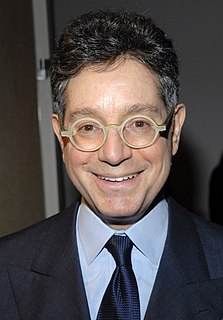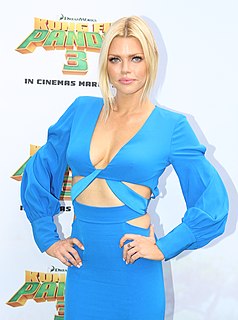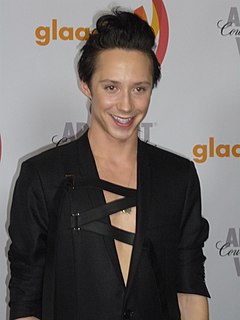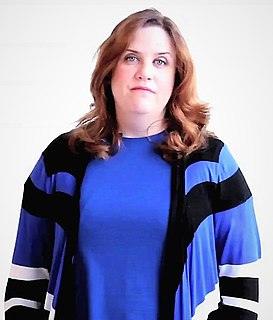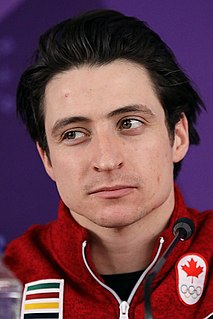A Quote by Jeffrey Deitch
Street skating, which is what I grew up with, is completely free of rules. You can do anything. When I see a skater go by, I think, What is this person going to do here? It's the same with people who write, who make music, who draw, who make movies. Creative people tend to have all of those different avenues in them.
Related Quotes
My idea of a good picture is one that's in focus and of a famous person. People are only glamorous if you don't see them. Like the movies used to make people years ago. There is something about people on screen that makes them so special; when you see them in person, they are so different and the whole illusion is gone.
If we write our laws and design them around the most privileged members of society, i.e., billionaire football team owner, then we forget about the people who don't have the same resources to make an appeal, to fight a wrongful accusation. Those tend to be members of the LGBT community and people of color because those are the people who tend to engage in the work of reappropriation to subvert discrimination. And yet those are the same ones being denied, based on their own identities.
I think it's a total fallacy for people to say, "You couldn't make those old movies today." I think there's more ways to get a movie made today than ever in the history of the entertainment industry. It's a very exciting time to work in movies, if you're a creative person looking to make a very personal, weird vision.
When movies tend to start to preach to me, I tend to shut them off, whether I agree with the message or not. I don't think the job of art is to preach, I think it's to ask questions and make people aware of differences and different ways of looking at things. That's what I want to do, anyway. Whether I'm successful or not, that's up to history.
I think that people all grow up and have their same personalities, but you can say, "Oh, I can see the roots of this personality, which I didn't like, but then you grew up, and I can still see you as that person, but I do really like you now." Which is sort of how I feel about children - I mean, about children who I knew when I was a child and grew up with, and they're still my friends, and children that I know as children who I see growing up, and every year I like them more.
I think of myself as a jazz player, and my music as a natural extension of the jazz tradition. What I'm doing is completely free improvisation ('composing in real time') with nothing predetermined. I've had a lot of experience playing many different kinds of music and several different instruments, and since I tend not to waste anything, it all shows up somewhere in the music I'm playing now.
When we kind of get caught up in the minutiae, the details that make us all different, I think there's two ways of seeing that. There's an opportunity to see the texture of that person, the characteristics that make them unique. And then there's an opportunity to go to war about it and to say that that person is different from me and I don't like you, so let's battle.
I may not get the opportunity to make movies for my whole life, but I'm going to make movies for the rest of my life. Maybe studios won't pay for it, but I'm going to do it because I love it. So, I just have to be proud of what I make, and what I'm trying to say in what I make. If people don't like it or people don't see it, that's beyond what I can control. I'm a storyteller, and people are going to listen or not and like it or not. That's only solidified over time.
One of the unique aspects of rowing is that novices strive to perfect the same motions as Olympic contenders. Few other sports can make this claim. In figure skating, for instance, the novice practices only simple moves. After years of training, the skater then proceeds to the jumps and spins that make up an elite skater's program. But the novice rower, from day one, strives to duplicate a motion that he'll still be doing on the day of the Olympic finals.
